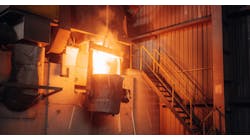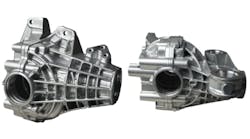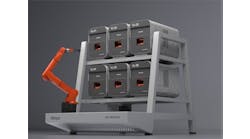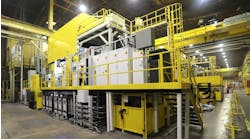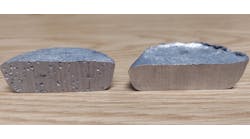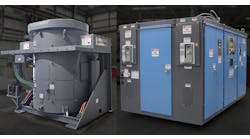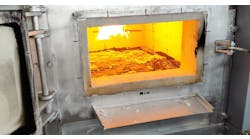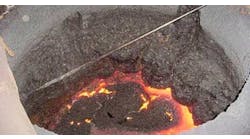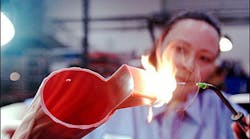Investment caster SeaCast Inc. agreed to pay a penalty of $18,0000 to settle U.S. Environmental Protection Agency charges concerning alleged hazardous waste violations at its foundry in Marysville, WA, and will invest at least $230,000 to install and operate a water-blast system to reduce in the volume of hazardous waste generated there by 40%.
The equipment supplier and other details of the improvement project were not announced.
The company has not commented on the settlement.
Seacast, headquartered in Seattle, operates investment casting foundries in Seattle, Marysville, Butte, MT, and East Greenwich, RI. It casts ferrous (carbon, alloy, stainless, duplex and tool steels) and nonferrous (aluminum, nickel, copper, cobalt) alloys, titanium and vacuum-cast superalloys, up to 1,200 lb.
It also offers CNC machining, heat treating, and assembly services for customers in aerospace, industrial pumps, industrial gas turbines, medical, transportation and computer hardware markets.
EPA alleged that SeaCast: 1) failed to maintain records of its hazardous waste determinations; 2) stored hazardous wastes at the Marysville plant without obtaining a permit or complying with conditions applicable to hazardous waste generators; and 3) stored hazardous waste on site for longer than 90 days, failed to maintain adequate aisle space between containers of hazardous waste, and failed to conduct required weekly inspections of hazardous waste storage areas.
EPA further alleged Seacast failed to properly manage its universal waste lamps.
In addition to the penalty and the agreement to update the operation, EPA announced Seacast agreed to implement procedures to prevent future violations of hazardous waste management requirements.
"SeaCast has found a way to modify its production process and reduce its reliance on caustic cleaning solutions as a part of this settlement," according to Scott Downey, manager of EPA’s hazardous waste inspection unit in Seattle. "One of the central goals of the EPA’s hazardous waste program is to conserve resources and minimize the generation of hazardous wastes, so this project fits nicely."
